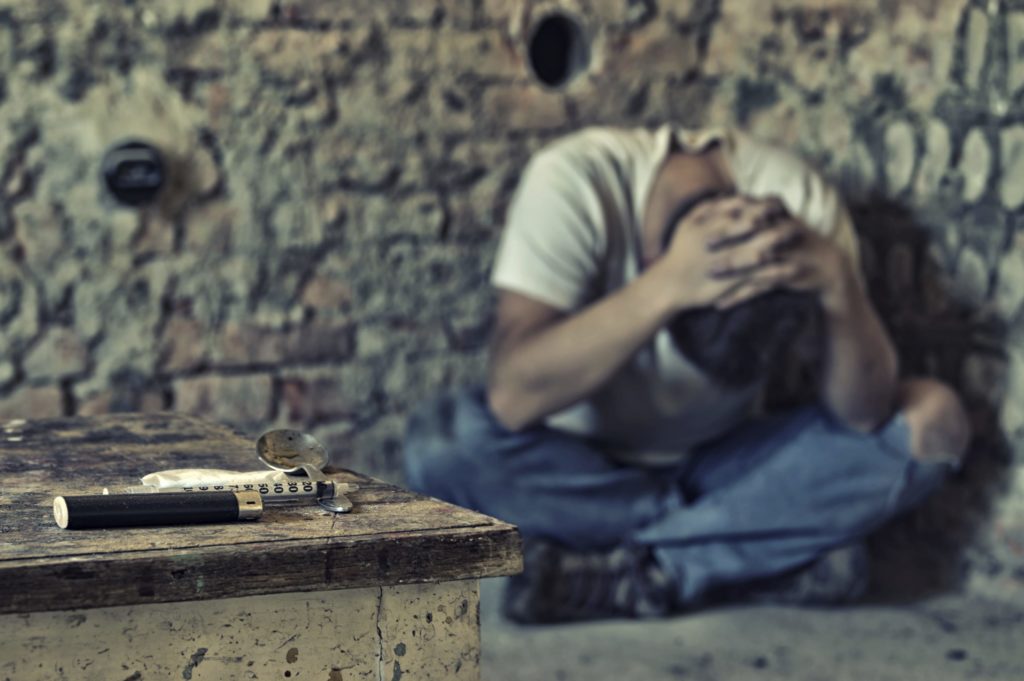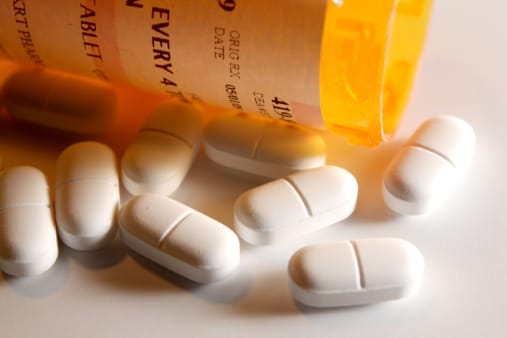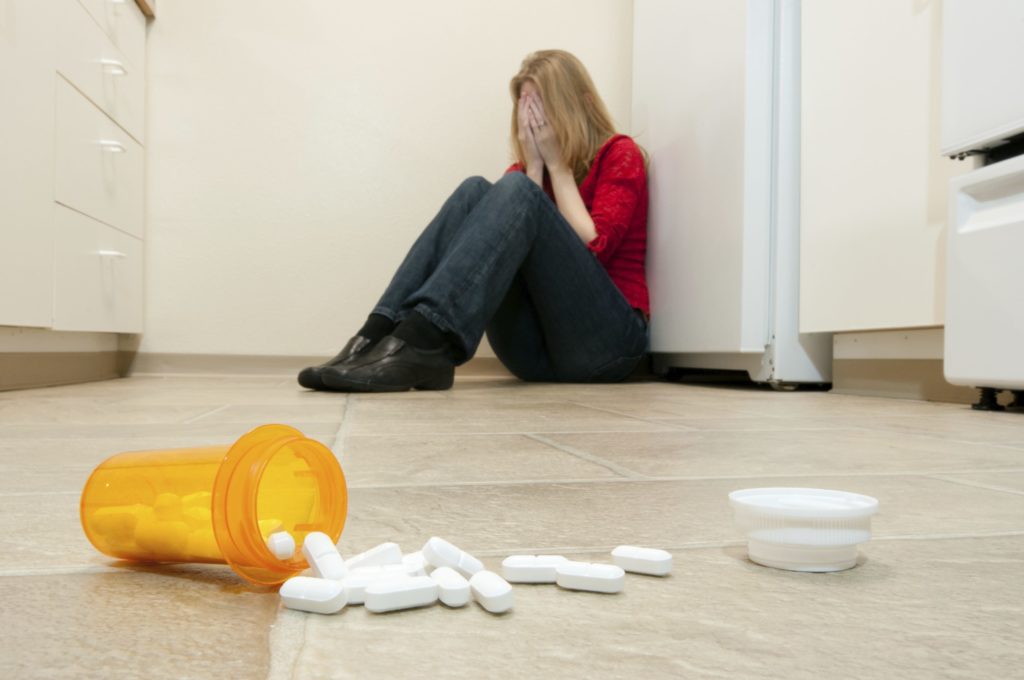Using cocaine doesn’t have any positive health effects, and the long and short-term consequences can be pretty severe. What does cocaine do to your body? Many long-time abusers of cocaine develop a myriad of adverse issues. Abuse of cocaine leads to serious long-term effects, including significant medical complications. Cardiovascular damage—particularly heart problems—is common. When cocaine enters the bloodstream, it causes the heart to race and capillaries to constrict, restricting blood flow to the heart. To find out more about cocaine rehab and what the drug does to the body, contact The Right Step at 17135283709.
Understanding What Cocaine Does to Your Body
Cocaine is a stimulant drug which directly affects the central nervous system (CNS) in the following ways:
- The blood vessels narrow
- Your heartbeat speeds up
- The body feels hot due to increased body temperature
- Blood pressure is higher than normal
Due to its impact on the body, the drug can lead to various short-term effects. These effects may include seizures, headaches, and abdominal pain, along with nausea and abnormal heartbeat. Additionally, it can compromise blood vessels and cause inflammation of heart tissue. Users might also experience chronic nosebleeds, damage to nasal tissue, and collapsed veins. Furthermore, there’s an increased risk of developing conditions such as asthma or pneumonia.
Stroke, coma, overdose, a ruptured aorta, and even death are possible with gross misuse of the drug. While issues directly related to the heart are the most common with cocaine use, continued use can also cause significant damage to your gastrointestinal (GI) system. This can come in the form of ulcers and tears in the GI tract.
How Cocaine Rehab Can Help
If you’re concerned that someone close to you is struggling with cocaine addiction, getting them professional help is the best thing you can do for them. Rehab can look different for each person, but the goal is the same—achieving lifelong recovery. Being able to function in your everyday life without the crutch of drugs can be difficult after leaving treatment. Still, support remains available after a client leaves the traditional treatment program.
The rehab experience can include the following:
- Detox – Ridding the body of harmful substances is the first step. With severe addictions, this can bring on dangerous withdrawal symptoms, requiring medical supervision during the process.
- Medication – To ease cocaine withdrawal symptoms in severe cases, medication-assisted treatment (MAT) may be necessary.
- Behavioral therapies – Getting to the root of addiction and learning effective coping techniques to manage triggers and avoid a relapse will be a primary focus.
- Support – Support can come in many forms, so clients can lean on people when and where they need to. Peers from rehab can be excellent sources of support, as can family and friends who support a sober lifestyle. Aftercare programs like sober living and Narcotics Anonymous (NA) provide continued support in recovery.
Align support for someone struggling to provide the help they truly need. Your part in this process is essential, and your loved one will thank you for saving them from further ruining their life.
Contact The Right Step to Enroll in Cocaine Rehab
When someone is in the throes of addiction and highly dependent on a drug, they tend not to see the damage that the drug is doing to them. If you’re concerned about someone you care about, then it’s time to seek help on their behalf. Our professional drug treatment centers can walk clients through their recovery journey and support them throughout the treatment experience. Finding the right fit is critical, so call The Right Step today at 17135283709 or complete the online inquiry form. Our intake specialists can thoroughly explain what cocaine rehab looks like and the levels of care and support available at specific locations.






